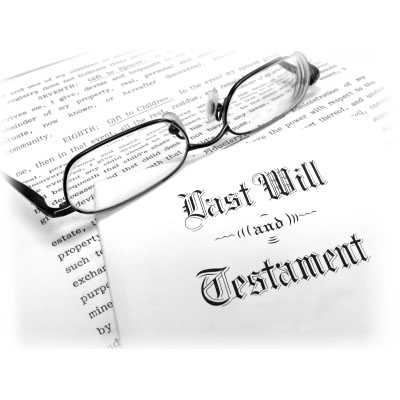
Estate Planning
Frequently Asked Questions
What is a Will?
A Will is a document containing instructions about the distribution of your property upon your death. To be properly valid, it must be executed and witnessed in accordance with legal requirements.
How can your Will help others?
Your Will can help those you value most, your family and your friends. It can also present you with an opportunity to provide gifts to charities close to your heart. Giving through your estate may be the only time you are able to offer a significant gift. This type of gift is known as a bequest.
What can I do in a Will?
A Will enables you to say exactly what you want to happen to your property. The Executor, as the appointed administrator of your Will, is bound by law to distribute your estate in accordance with your instructions.
What happens if I don't make a Will?
If you don't have a Will, when you pass away your property is divided according to law. Under Intestacy Rules your estate is allocated between your surviving relatives, according to a set formula. If you have no surviving relatives your property passes to the Crown. This means, without a Will, who is helped after your death is not decided by you.
Does marriage or divorce affect my Will?
Marriage, after the execution of a Will, revokes the Will. Although State laws vary, generally if you are divorced after you have made your Will, any provisions in favour of a spouse will be of no force or effect.
Do I need a Solicitor to make a Will?
It is recommended you seek the advice and assistance of a solicitor when preparing your Will as there are strict rules about how it is to be signed and witnessed. Evidence may be needed to confirm that your capacity to make a Will was not impaired at the time it was made.
Our Services
Byford Legal provides legal services and advice in the following areas:
- Wills and Estates
- Bank Guarantees
- Residential and Business Settlements
- Commercial Law
- Contractual Disputes
- Family Law
For a legal consultation, please contact us today.
